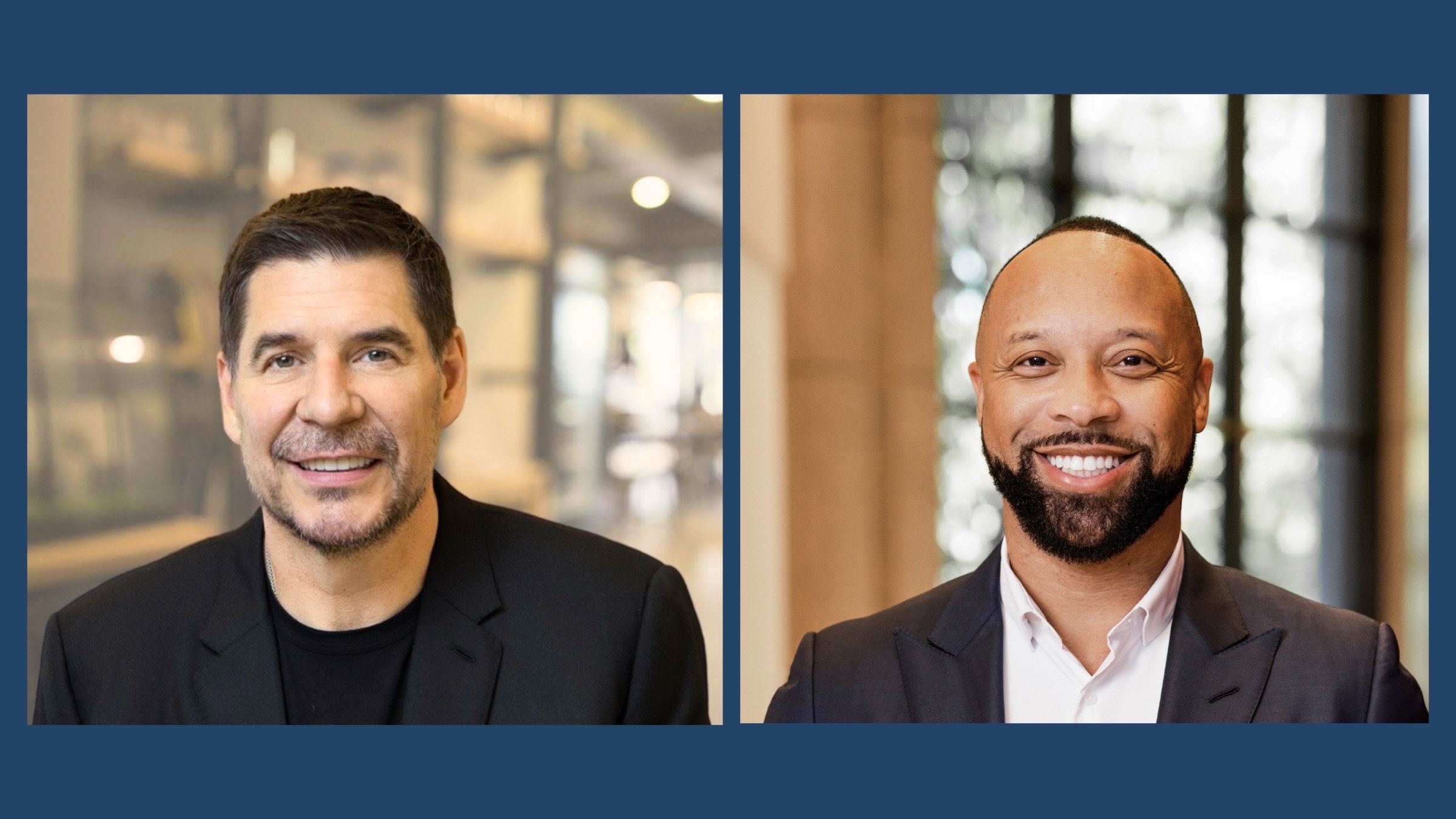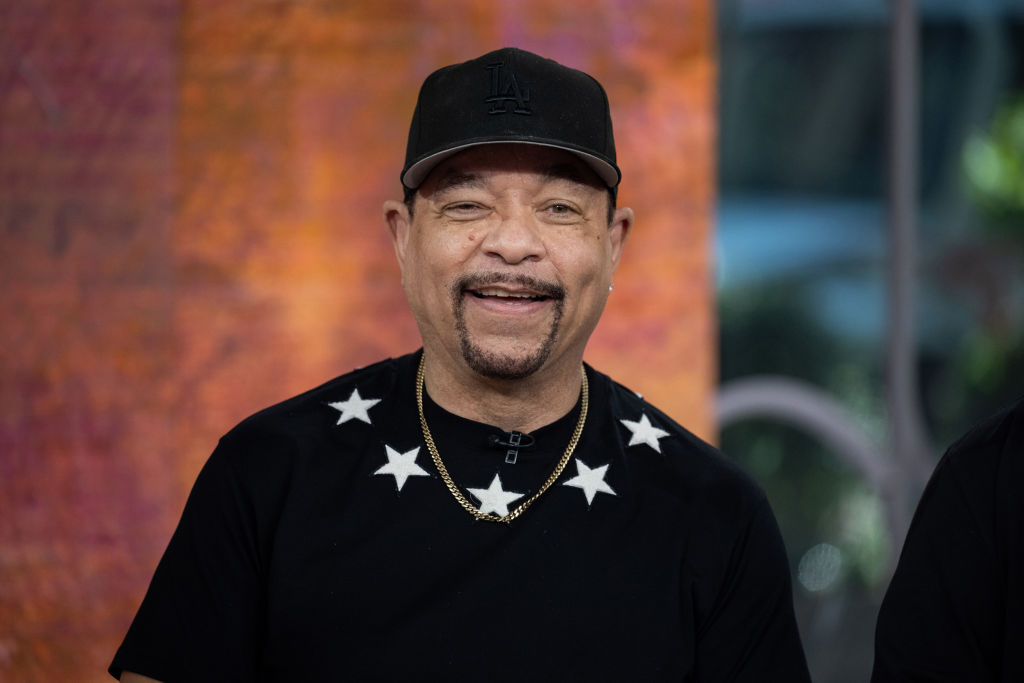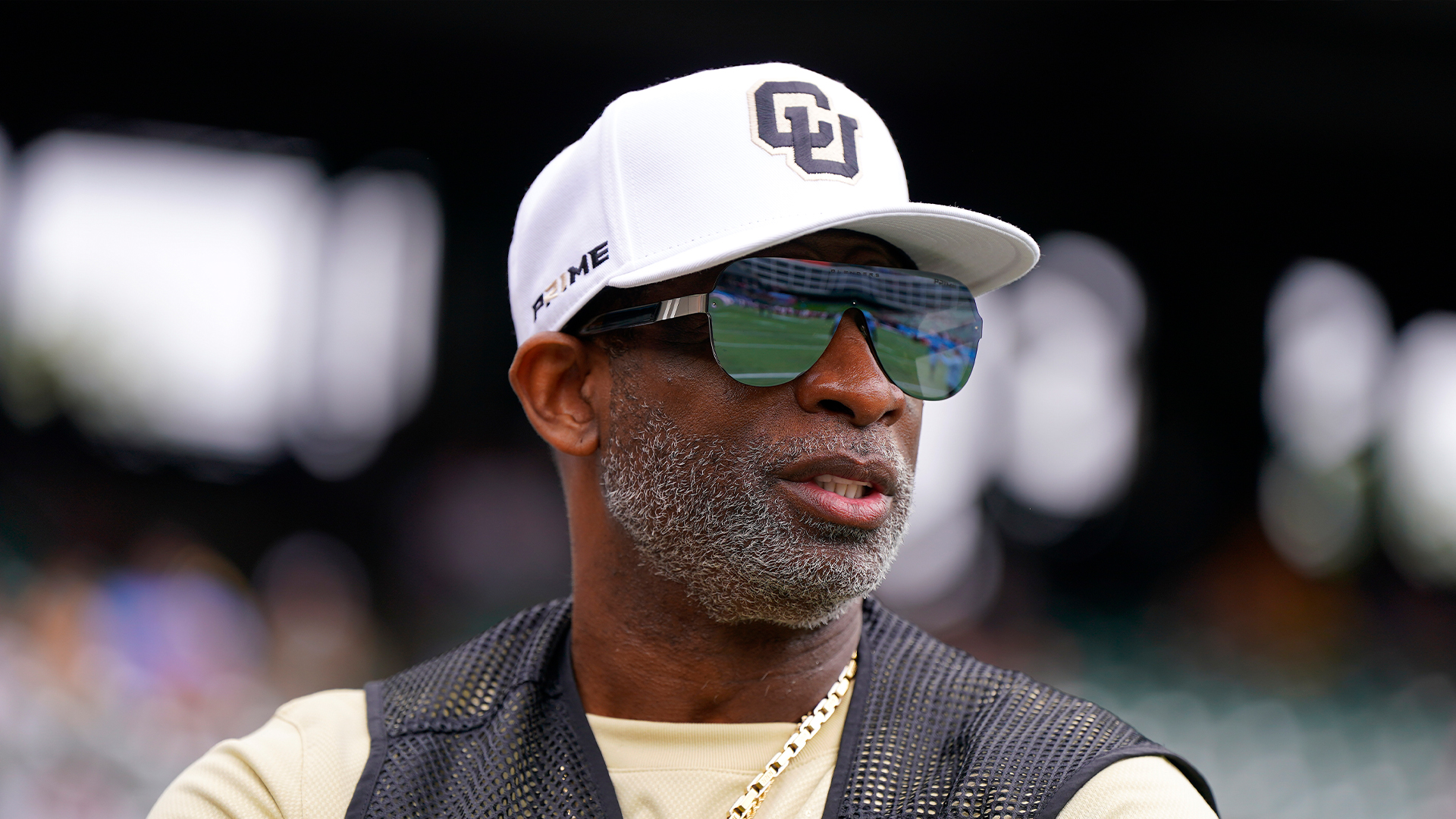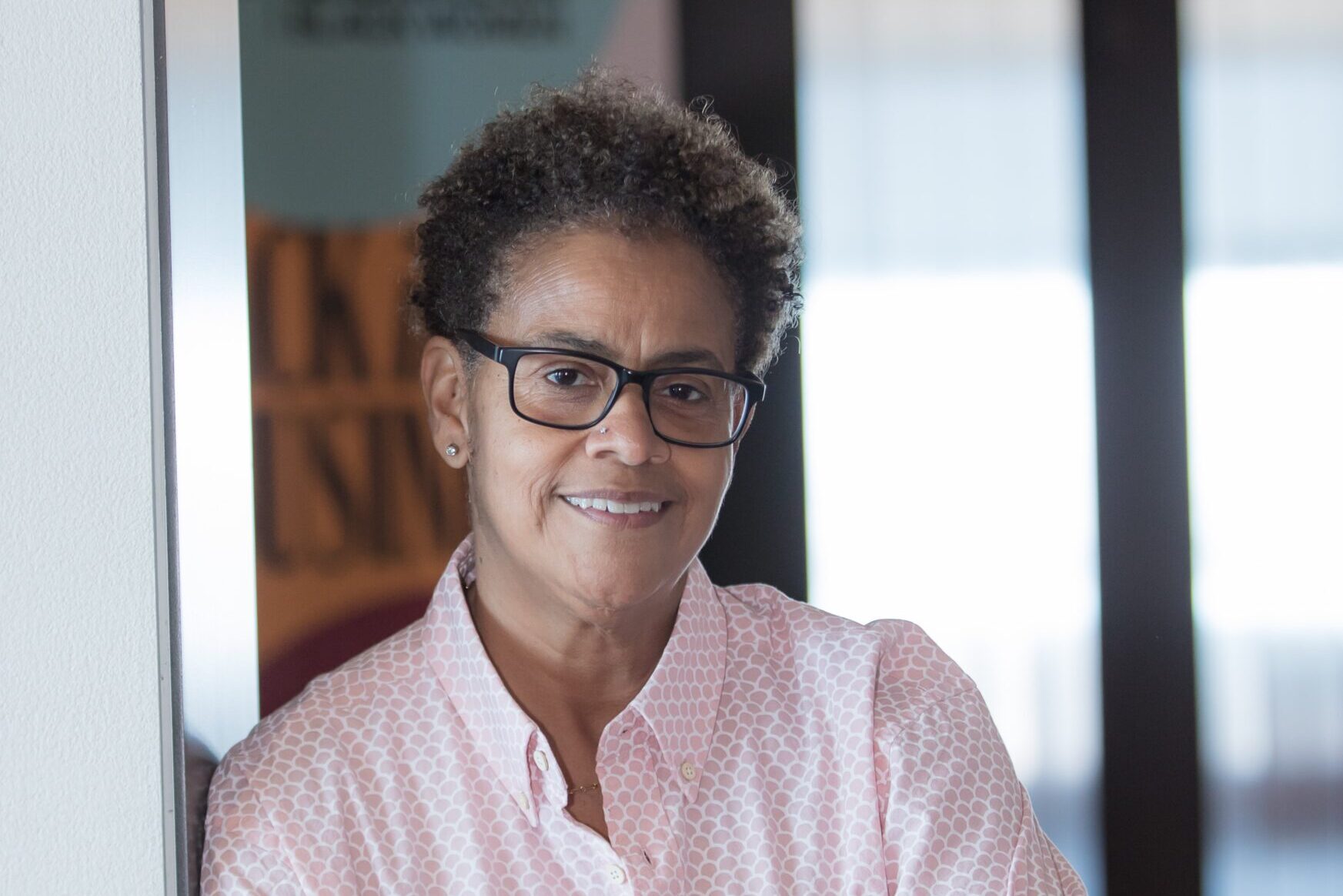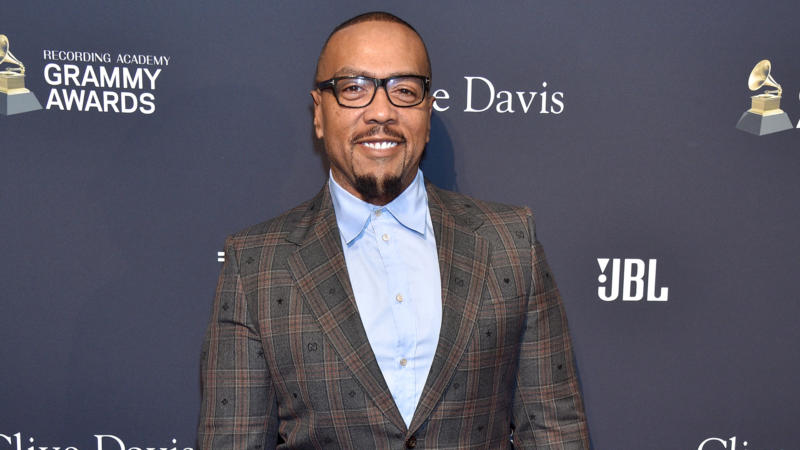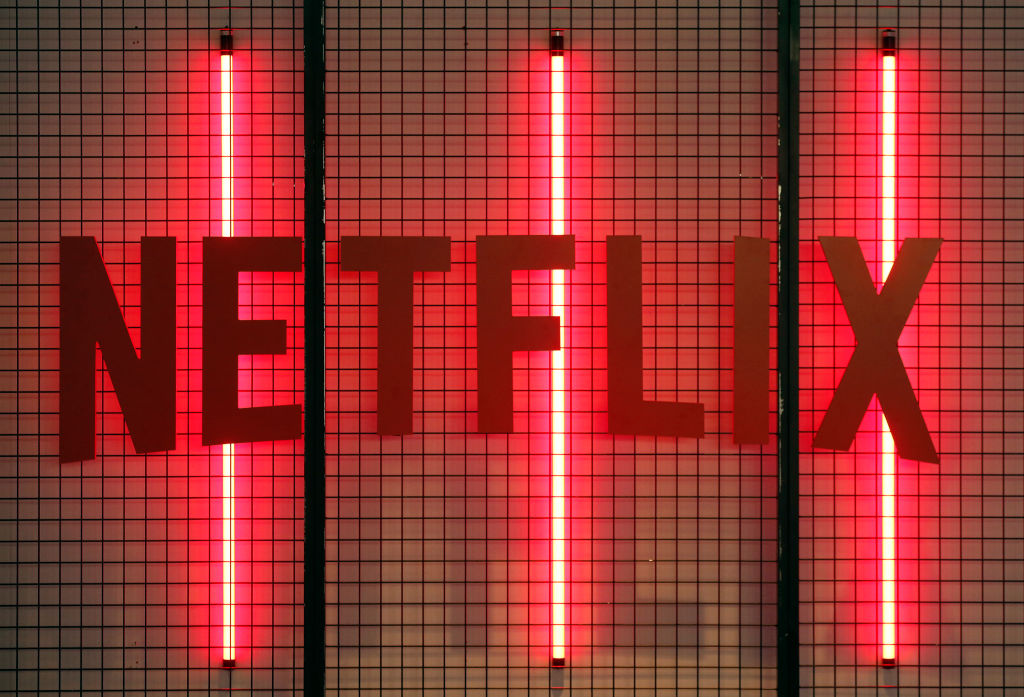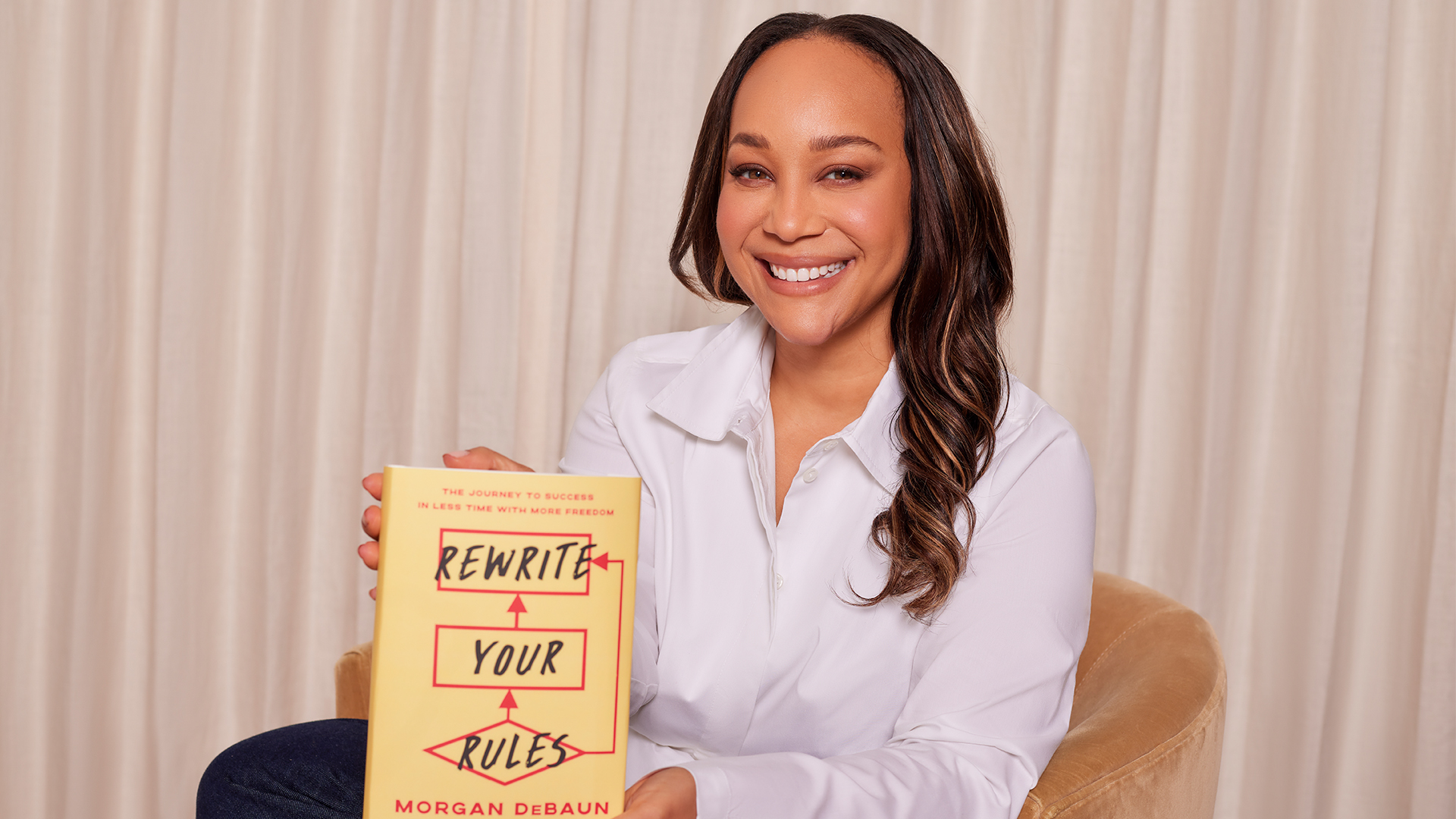Understanding the resilience required to raise capital can create a high level of empathy for upcoming founders.
Before becoming chairman of SoftBank’s Open Opportunity Fund, a fund for Black- and Latino-founded tech companies, there was a time when Dr. Paul Judge faced countless rejections while looking to raise money for his cybersecurity company, Pindrop Security.
“[Me and Vijay Balasubramaniyan] were just trying to raise the first million-dollar seed round,” Judge recalled to AFROTECH. “I was putting some money in. We went to 70 meetings to raise $1 million. We got about 60 no’s to scrape together a million dollars, and it’s like, wait a second… What is the missing link in the equation here?”
Sharing a similar experience of the challenges that come with being a founder who is a person of color, Bolivian entrepreneur Marcelo Claure once struggled to secure funding for his company Brightstar, which became what the press release calls the “world’s largest global wireless distribution and services company.”
While Judge and Claure come from different backgrounds, the barrier they experienced in the venture capital space was the same — not having the same access to capital as their white counterparts.
“We were the largest Hispanic business ever formed, and we were struggling to raise money,” Claure told AFROTECH. “And I couldn’t understand why. I had a conversation with a very honest banker who said, ‘Look, you just got to come to the realization that the fact that you’re Hispanic is a handicap to you raising money.’ Eventually, I got venture capitalists who believed in my business. And if I’m not mistaken, we raised [around] $300 [million] to $400 million, which was the largest raised by a Hispanic entrepreneur.”
The billionaire continued, “But I think it was 10-times harder and took us 10-times the amount of time that it took my competitors, who were way smaller and way less profitable and way less successful than we were. And I always told myself if I ever become successful and I have a chance to eventually invest my own capital, I promise that I’m going to treat everybody the same.”
After Judge and Claure were able to persevere through their own trials and tribulations in the tech space, the two have joined forces to make the space more accessible for founders who look like them.
On Dec. 19, it was announced that Claure has returned to Open Opportunity Fund as vice chairman and general partner after being a founding member of the fund in 2020 as CEO of SoftBank Group International, per a press release shared with AFROTECH. Now, Claure will join Judge in the agreement to acquire an ownership stake in the $100 million Opportunity Fund 1 from SoftBank Group.
“We always felt that both Paul and myself had to reunite,” Claure said. “So the best way for us to reunite is by agreeing to purchase that fund from SoftBank and for us to continue, which for both of us, it’s just such an important project that began in 2020. It’s so nice that, in 2023, we’re able to join forces together and continue something that we felt had unfinished business.”
He added, “I could not be happier and prouder to join forces again with Paul to continue something that we believe has so much potential and that is so needed. The only difference now is we’re going to make it twice as big as the first one.”
The overall goal of the agreement and expansion is to help Black and Latino founders navigate the “frustration” of securing funding, earn the capital they deserve, and scale their businesses, Judge and Claure shared.
Since the fund’s launch, it has invested $100 million in 75 companies, including Esusu, Atomic, Brex, Career Karma, and more, according to the press release.
“Over 80% of them are B2B software companies,” Judge said. “And the companies and founders are performing really well. There’s an average of 100% year-over-year revenue growth across the portfolio. Even in these challenging times, those companies are graduating at a 75% rate once we invest.”
He continued, “Seventy-five percent of them have already raised their next round. They have an average of 29 months of cash runway. So you see that minority entrepreneurs know how to be scrappy, know how to build high-growth businesses, they know how to outperform the markets, and oftentimes, they’re identifying problems that others have overlooked.”
In May 2023, AFROTECH reported that Open Opportunity Fund launched Fund 2. Now, the recent press release details that Fund 2 aims to double in size and is “open to other corporations, institutions, qualified individuals, and other LPs who are committed to this cause.”
Judge and Claure also shared with AFROTECH that they plan to meet with many corporate leaders who believe in the Black and Latino community and want to take action by supporting the Open Opportunity Fund.
